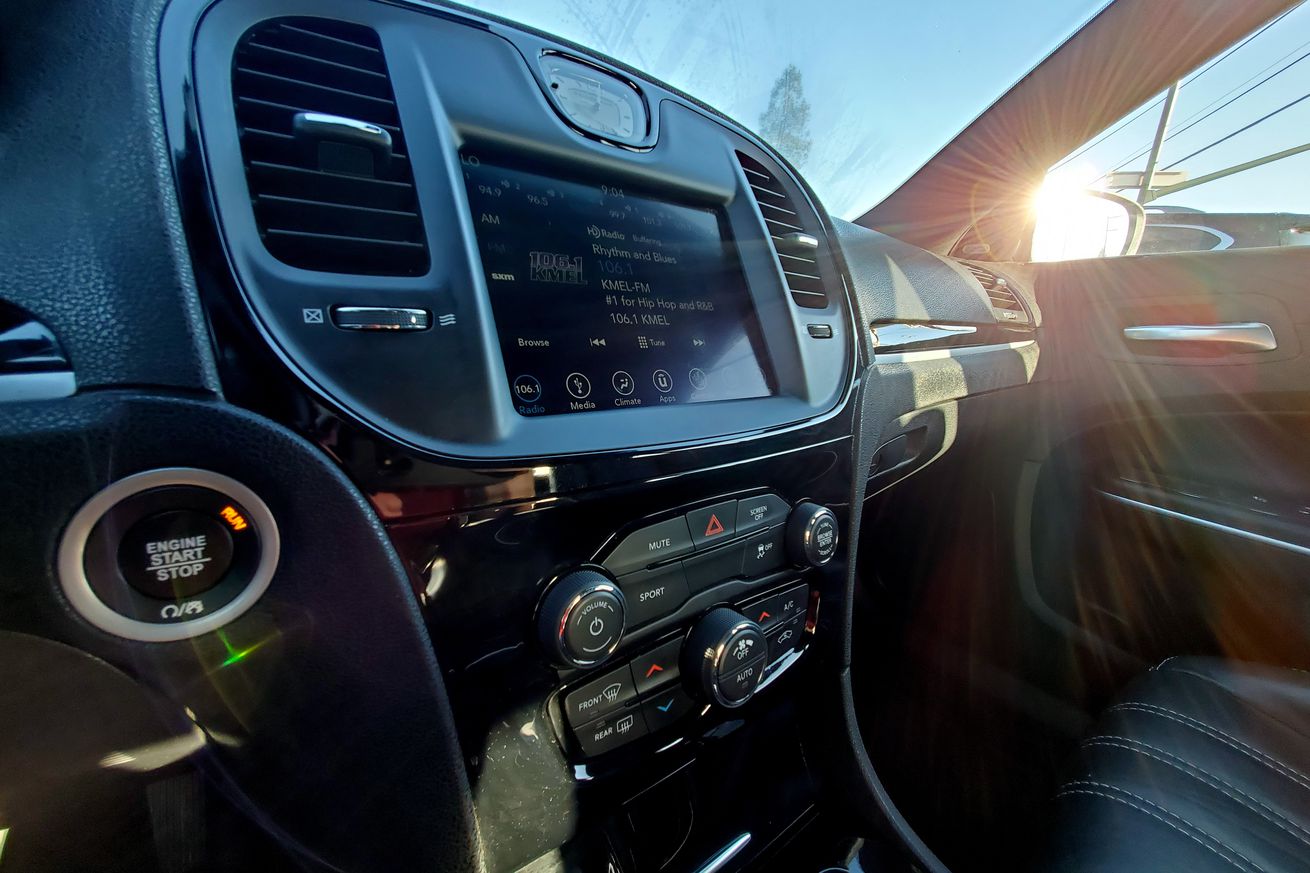
Cars would be required to keep AM radio under new bipartisan bill
Automakers would be required to keep AM radio in their vehicles under a new bipartisan, bicameral bill introduced today. The legislation was introduced in response to an increasing number of vehicles coming out without the first-generation radio broadcast technology.
The bill, titled the AM for Every Vehicle Act, would direct the National Highway Traffic Safety Administration (NHTSA) to issue a rule that “requires automakers to maintain AM broadcast radio in their vehicles without a separate or additional payment, fee, or surcharge.” Prior to the new rule from NHTSA, automakers selling vehicles without AM radio would be required to disclose that fact to potential customers. And the Government Accountability Office would be tasked with identifying alternate communication methods that could match the effectiveness of AM radio for emergency alerts.
AM for Every Vehicle Act
The bill has a bipartisan group of sponsors, led by the incredibly odd pairing of Sens. Ed Markey (D-MA) and Ted Cruz (R-TX). Both senators say they are worried that the slow demise of AM radio could make it more difficult to broadcast emergency information during a natural disaster or other related events.
“Carmakers shouldn’t tune out AM radio in new vehicles or put it behind a costly digital paywall,” Markey said in a statement. Cruz called AM radio “a critical bulwark for democracy.”
Automakers are leaving out AM radio from their electric vehicles in particular, citing possible electromagnetic interference with an EV powertrain. Markey notes that 8 out of 20 automakers that responded to a request for information said they were manufacturing EVs without AM radio capabilities.
The latest model to hit dealerships without the first-generation radio broadcast technology is the 2024 Ford Mustang. Indeed, Ford was one of eight companies to essentially declare AM radio to be an obsolete technology in its response to Markey’s request for information.
Automakers are leaving out AM radio from their electric vehicles in particular, citing possible electromagnetic interference
Others include BMW, Mazda, Polestar, Rivian, Tesla, Volkswagen, and Volvo, all of which argue that AM radio is incompatible with EVs, citing electromagnetic interference from the powertrain. Indeed, Tesla made this same argument when it removed AM radio from its vehicles back in 2018.
AM, which stands for amplitude modulation, differs from FM, or frequency modulation, based on how the carrier wave is modulated, or altered. Unlike frequency, amplitude can be affected by the noise emitted from electric devices, including smartphones, TVs, computers, and yes, electric vehicles. The problem is when the interference gets picked up by the radio, which can lead to distortion and crackling.
Automakers generally see AM radio as an obsolete technology, arguing that there exist other technologies such as internet streaming, HD radio delivered on FM bands, or some apps that provide AM content that will make up for the absence of AM radio in vehicles.
But Markey, Cruz, and their cohort argue that AM radio is irreplaceable. AM radio operates at lower frequencies and longer wavelengths, enabling it to pass through solid objects and travel further than other radio waves, a feature not shared by FM broadcasts. As a result, FEMA’s national Integrated Public Alert & Warning System, through which FEMA delivers critical safety alerts to the public, operates through broadcast AM radio stations.
“I would think that if Elon Musk has enough money to buy Twitter and send rockets to space, he can afford to include AM radio in his Teslas,” Rep. Josh Gottheimer (D-NJ) said. “Instead, Elon Musk and Tesla and other car manufacturers are putting public safety and emergency response at risk.”

